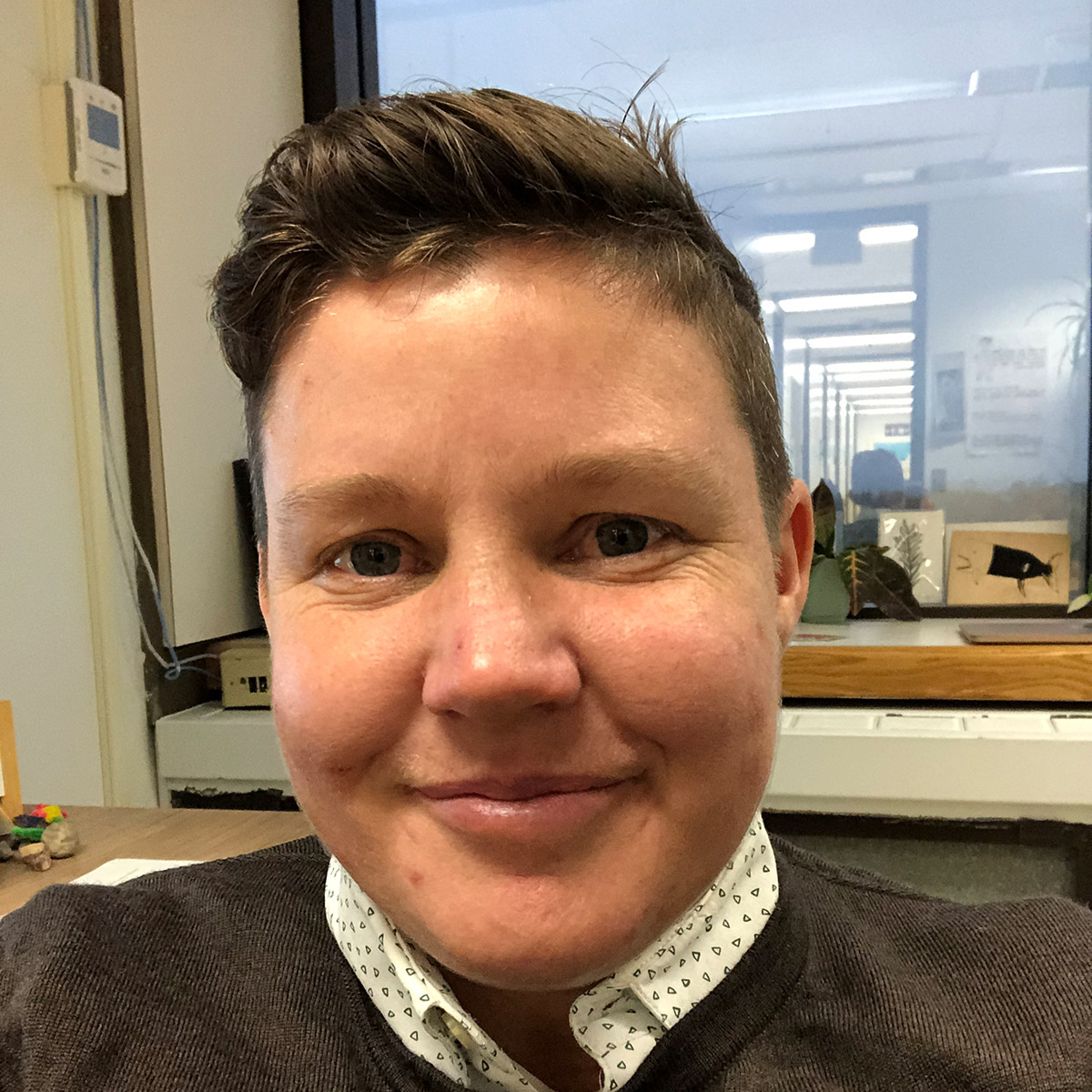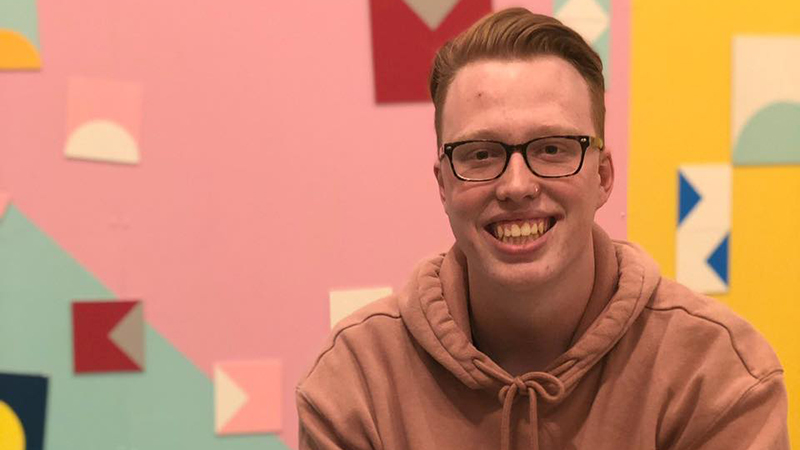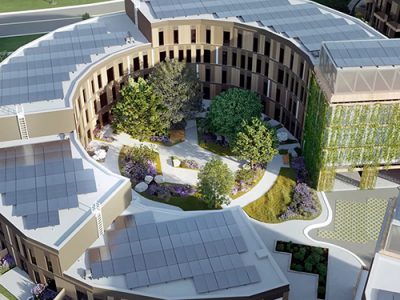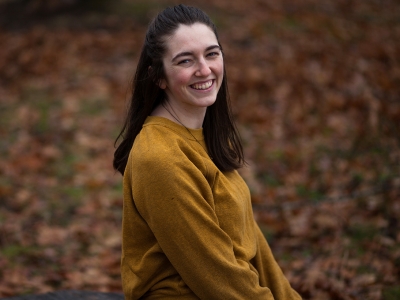By Joseph Mathieu
Pride is a space for 2SLGBTQ+ folks to connect with friends and allies, resources and organizations, and other forms of support. It can make some people feel less isolated and it can give them a chance to express and explore themselves.
For Prof. Julia Sinclair-Palm, a queer and trans white settler who teaches in the Childhood and Youth Studies program at Carleton, Pride is also a complex thing.

Prof. Julia Sinclair-Palm
“It’s a way to take up space in a cis- and heteronormative society, to feel proud of your gender and sexuality, and to remind society that we exist,” they say. “I think Pride is important, and I’m glad it exists, but for the most part I haven’t felt like it was for me.
Modern-day Pride originated as a protest against police violence and the marginalization of queer and trans people, especially trans women of colour. Sinclair-Palm would love to see the celebrations reconnect with their roots by working towards ending police presence at Pride and police violence everywhere.
Sinclair-Palm, who is cross-appointed with the Pauline Jewett Institute of Women’s and Gender Studies and the Department of Sociology and Anthropology, is currently working on three SSHRC-funded research projects. These include Drawing Queer and Trans Family, with Brock University Prof. Hannah Dyer, which explores the social and emotional worlds of children with queer, trans and gender non-binary parents; From Surviving to Thriving: Trans Youths’ Lives Across National Borders, which examines the well-being of trans youth in Ireland and Australia; and a project that traces how the language of “trigger warnings” migrated from psychiatric conversations around PTSD and online feminist spaces into university classrooms.

Jaime Sadgrove
They credit Jaime Sadgrove, Carleton’s Trans and Non-Binary Inclusion Coordinator, with a lot of great work that’s gone into creating more inclusive spaces and systems for 2SLGBTQ+ members at Carleton. Sadgrove and Sinclair-Palm, who is a faculty co-leader of the Carleton Trans Advocacy Group, are working together to address a number of important ways to make Carleton’s campus safer and more accessible for all transgender, non-binary and gender-non-conforming students, faculty and staff.
“It would be really beneficial to make this (co-ordinator) a full-time position with more power and secured funding for at least five years,” they say.
When an institution makes spaces more inclusive and accessible with 2SLGBTQ+ members in mind, says Sinclair-Palm, everyone benefits.
“I would love for Carleton to become a place that 2SLGBTQ+ students, faculty and staff seek out as a place to work and learn, and I want other universities to look to us as a leader in inclusivity and accessibility.”
During Pride Month, Carleton University is celebrating some of the many achievements and contributions of our 2SLGBTQ+ community members. Visit our Pride Month page through the month of June to read new stories about them.
Monday, June 28, 2021 in 2SLGBTQ+, Faculty of Arts and Social Sciences, Institute of Interdisciplinary Studies
Share: Twitter, Facebook



